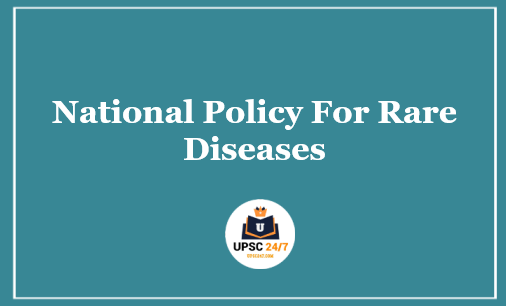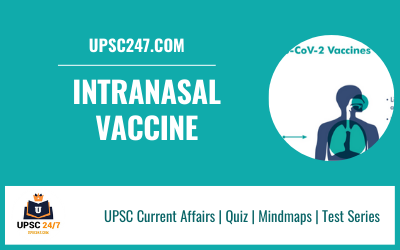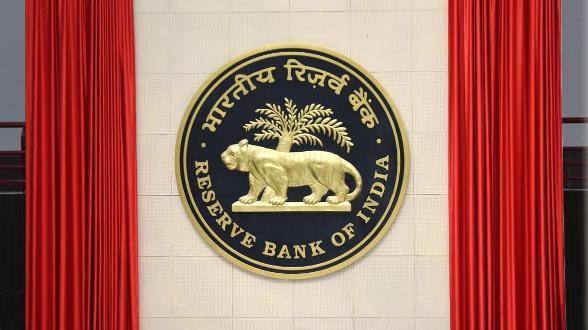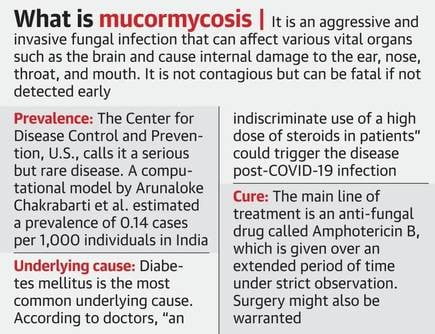National Policy For Rare Diseases 2021 UPSC | Key Points & Quiz – Recently, the Ministry of Health and Family Welfare has approved the National Rare Disease Policy 2021. Earlier, the Delhi High Court had directed the Centre to set up a Rare Diseases Committee, a Rare Diseases Fund and to finalise and notify the National Health Policy for Rare Diseases on or before 31st March, 2021.

National Policy For Rare Diseases 2021 UPSC | Key Points & Quiz
What is a Rare Disease?
WHO defines rare disease as often debilitating lifelong disease or disorder with a prevalence of 1 or less, per 1000 population. However, different countries have their own definitions to suit their specific requirements and in context of their own population, health care system and resources.
- There are 6,000-8,000 classified rare diseases, but less than 5% have therapies available to treat them.
- Example: Lysosomal Storage Disorders (LSD), Pompe disease, cystic fibrosis, muscular dystrophy, spina bifida, haemophilia etc.
About Rare Diseases In India
- India, like many other developing countries, currently has no standard definition of rare diseases and data on prevalence.
- Since there is no epidemiological data, there are no figures on burden of rare diseases and morbidity and mortality associated with them.
- To overcome this, a hospital based National Registry for Rare Diseases has been initiated by ICMR by involving centers across the Country that are involved in diagnosis and management of Rare Diseases.
- This will yield much needed epidemiological data for rare diseases.
Covid Vaccine List UPSC | Corona Vaccines Development In India UPSC
So far only about 450 rare diseases have been recorded in India from tertiary care hospitals. The most common rare diseases include:
- Haemophilia
- Thalassemia
- Sicklecell Anaemia
- Primary Immuno Deficiency in children
- auto-immune diseases
- Lysosomal storage disorders such as Pompe disease, Hirschsprung disease, Gaucher’s disease, Cystic Fibrosis, Hemangiomas and
- Certain forms of muscular dystrophies.
Key Features of the Policy
- A patient registry of rare diseases is to be constituted under ICMR (Indian Council of Medical Research).
- According to the policy, rare diseases include genetic diseases, rare cancers, infectious tropical diseases, and degenerative diseases.
- Under the policy, there are three categories of rare diseases —
- requiring one-time curative treatment – include osteopetrosis and immune deficiency disorders, among others.
- diseases that require long-term treatment but where the cost is low, and
- those needing long-term treatments with high cost.
- As per the policy, the assistance of Rs 15 lakh will be provided to patients suffering from rare diseases that require a one-time curative treatment under the ‘Rashtriya Arogya Nidhi Scheme’.
- The treatment will be limited to the beneficiaries of ‘Pradhan Mantri Jan Arogya Yojana’.
- For diseases listed under Group 2, State Governments can consider supporting patients of such rare diseases that can be managed with special diets or hormonal supplements or other relatively low cost interventions.
- Under the policy, certain medical institutes will be certified as Centre of Excellence for rare diseases.
It includes
- AIIMS, New Delhi
- Sanjay Gandhi Post Graduate Institute of Medical Science, Lucknow
- King Edward Medical Hospital, Mumbai
There are certain diseases such as Hurler Syndrome, Gaucher’s disease, Wolman disease for which the annual treatment expenses may vary from Rs 10 lakh to Rs 1 crore. For such diseases, a digital platform is to be set up to raise donations and corporatefunding.
- It proposes an inter-ministerial consultative committee is to be set up at national level. The committee will be led by MoHFW.
- It also aims to create Administrative Committee that will develop guidelines to determine which rare diseases to fund.
National Policy For Rare Diseases 2021 UPSC Questions and answers
Q1 – Which Of The Following Statement About National Policy For Rare Diseases 2021 Is Correct ?
- it Is launched by Ministry Of Health And Family Welfare
- Haemophilia Is A Rare Disease
- India Has A Full Record And Database Of Rare Diseases
- Treatment Is Limited To Pradhan Mantri Jan Arogya Yojana beneficiaries Only .
Choose Correct Answer From Options Given below
- 1,2,3
- 2 And 4
- 1,2, And 4
- All Of The Above
Q2. Which of The Following is Not A Rare Disease ?
- Hurler Syndrome
- Gaucher’s Disease
- Wolman Disease
- AIDS
Choose The Correct Answer From Options Given below
- 1 And 3
- 1,2 And 4
- 1 And 3
- 1,2 And 3
Answers Of The Questions
- Ans – C
- Ans – D









